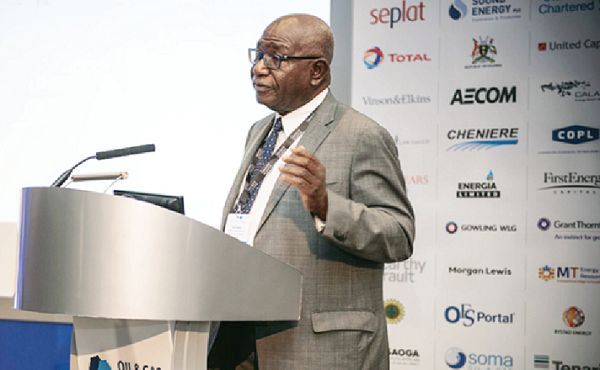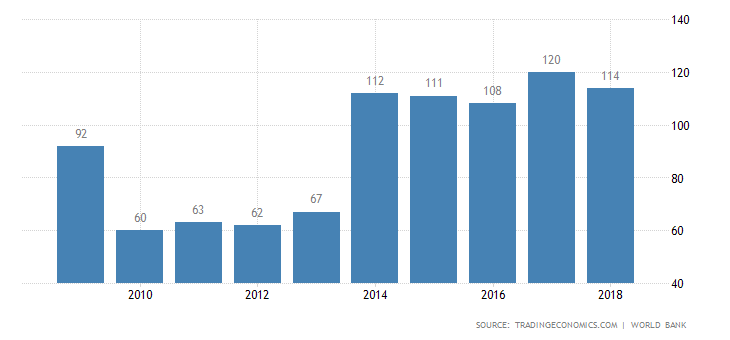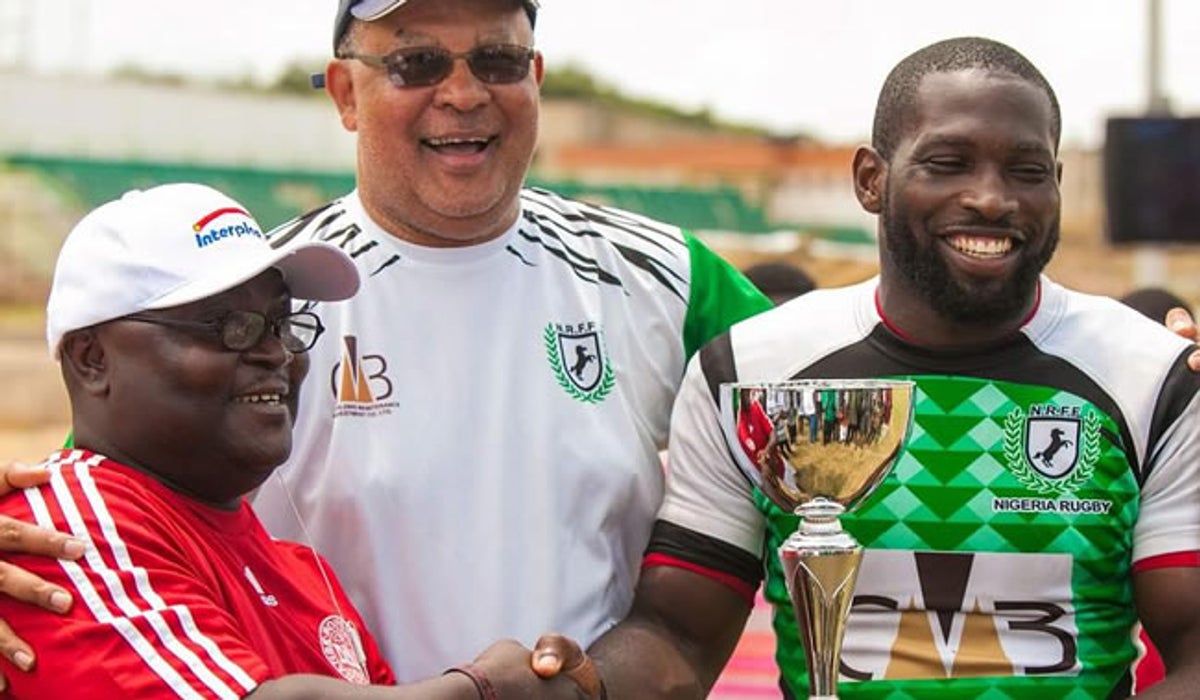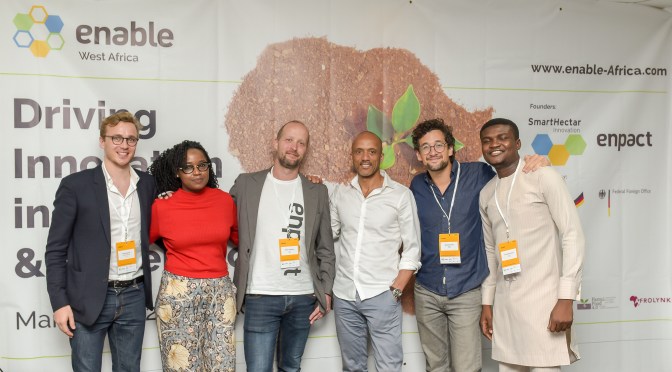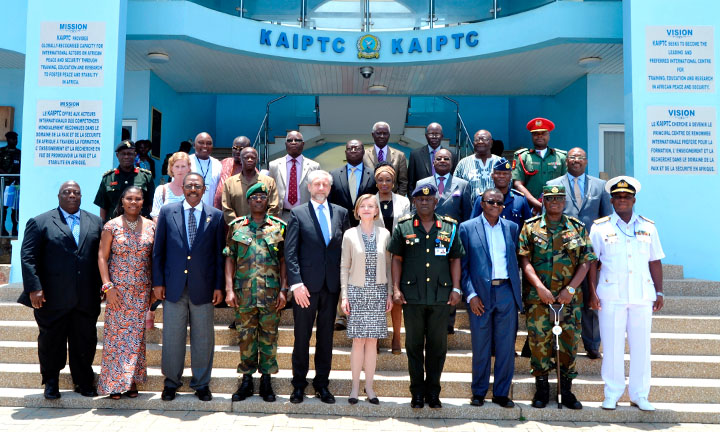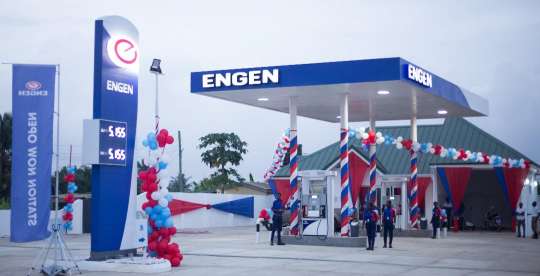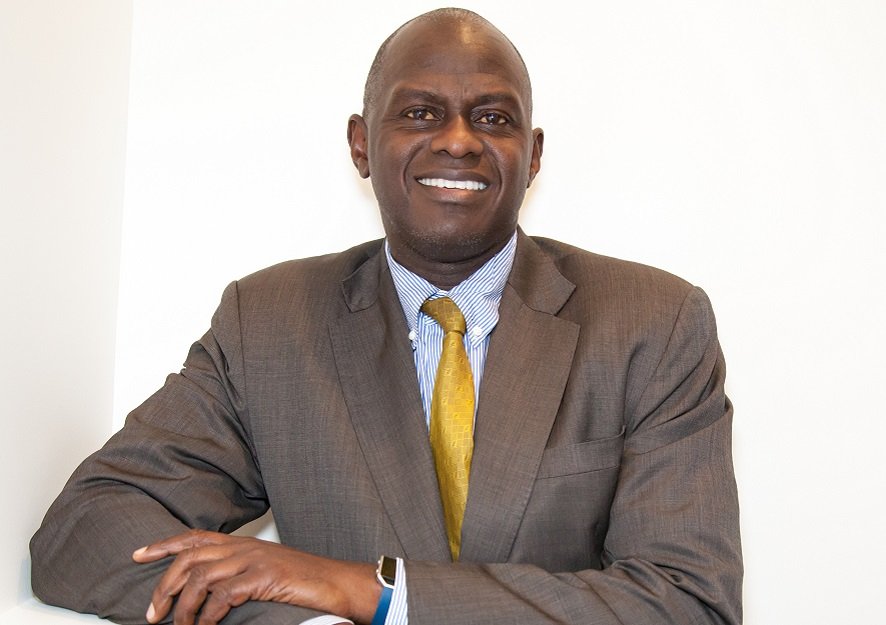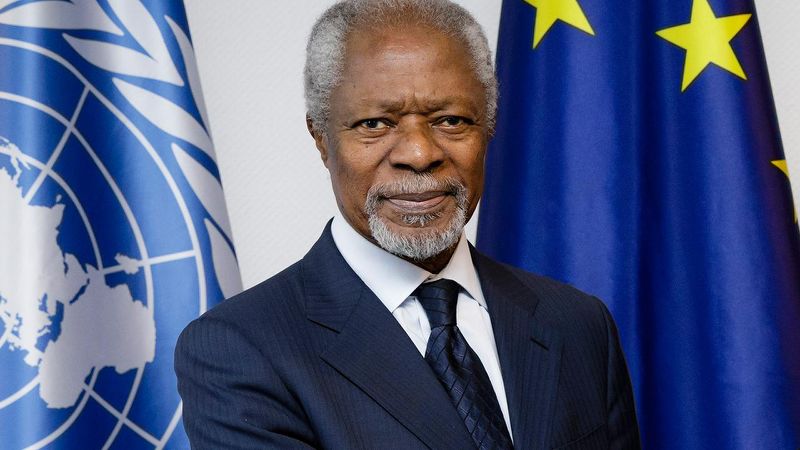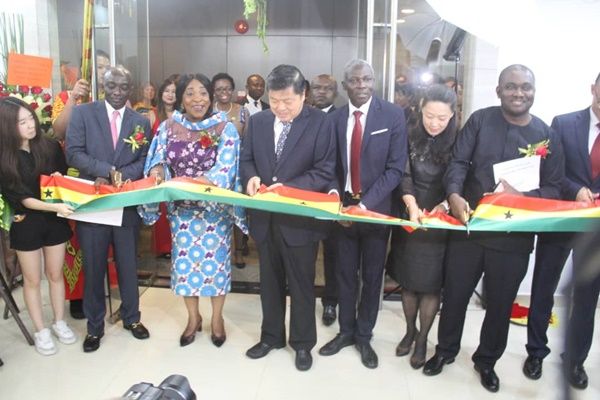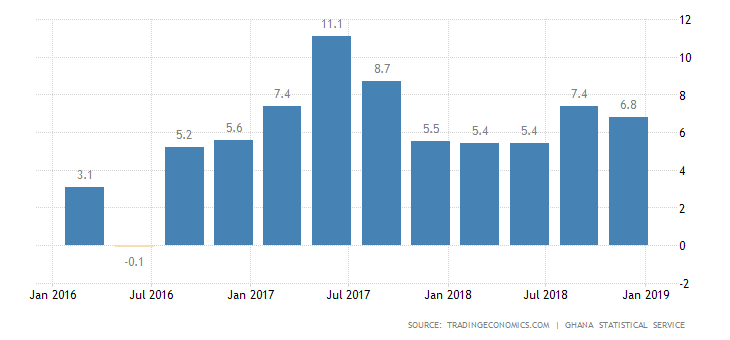Ghana Now Has A New Companies Act, 56 Years After The Old Law
Businesses in Ghana would now have to face a new legal structure. Ghana’s President Nana Addo Dankwa Akufo-Addo has just given his assent for Ghana ’s new Companies Act to replace the 1963 version. This was after the new Act was brought to him from Parliament on Friday, 2nd August after it was passed by Parliament in May this year.

Here Is All You Need To Know About The New Law
- The law, which has 428 pages and 369 clauses, has created a new office to perform functions relating to incorporated partnerships and registered business names.
- This new office will be responsible for the appointment of inspectors and will assume the functions of the Official Liquidator under the Bodies Corporate (Official Liquidations) Act 1963.
- The office will have financial autonomy and be funded from income sources such as sums of money approved by parliament, fees and charges, proceeds from the sale of the Companies Bulletin, donations, grants, and investment income.
- The law also gives room for dissenting minority shareholders to have rights to compel their companies to buy out their shares. Such shareholders will now be entitled to request the company to purchase their share at a fair value.

Under the New Law, The New Age To Legally Own A Business Has Changed
The new law states that an individual can register or start a business at the age of 18, revised downwards from 21 years. One person is enough to form an incorporated company in Ghana as the one or more persons may form an incorporated company by complying with this Act.
No More Ultra Vires Objects
With this new law, the application of ultra vires doctrine to companies in Ghana has been completely abolished. From the provisions of the Companies Act, companies will have the option to state the nature of their businesses or their objects.
The implication is that companies that will state their objects will be restricted to operate within the scope of their objects but those who opt not to state their object will have no restrictions and can do any legitimate business.
Improve Ease of Doing Business?
Ghana ‘s President Akufo-Addo was confident that this new Companies Act will improve significantly the ease of doing business in Ghana, enhance the corporate regulatory and governance framework, and reduce the cost of ensuring compliance for businesses.
“I invite the business community in Ghana, and those from outside our shores, to take advantage of the growing business-friendly environment being created in Ghana, and invest in our country. Let me reiterate that Ghana continues to be a haven of peace, security and stability, indeed, the safest country in West Africa, and legitimate investments are protected,” the President noted.
President Akufo-Addo added that more needs to be done to complete the country’s business reform agenda, and the Corporate Restructuring and Insolvency Bill, which is currently before Parliament, will, amongst others, provide the avenue to help resuscitate distressed, but viable business entities and establishments from liquidation and their ramifications.
To download Ghana’s new Companies’ Act, click here

With the coming into effect of the African Continental Free Trade Area (AfCFTA), and with Ghana playing host to the secretariat, the President indicated that the country is going to be the hub for African trade and investment, bringing in its wake more jobs, expanded conferencing and hospitality services, enhanced aviation and other transportation services, and related allied businesses.
“Consequently, the timing of our business law reforms could not have been more propitious,” he added.
President Akufo-Addo also launched the GARIA Trust Fund, which is designed to be the principal financing vehicle for GARIA and will be managed by an independent Board of Trustees.
“I am going to ask the Ministries of Finance, Trade and Industry, and Business Development to see to what extent they can properly assist the Fund. In the meanwhile, I am personally donating GH¢50,000 as my modest contribution to the Fund,” he added.
Charles Rapulu Udoh

Charles Rapulu Udoh is a Lagos-based Lawyer with special focus on Business Law, Intellectual Property Rights, Entertainment and Technology Law. He is also an award-winning writer. Working for notable organizations so far has exposed him to some of industry best practices in business, finance strategies, law, dispute resolution, and data analytics both in Nigeria and across the world.

